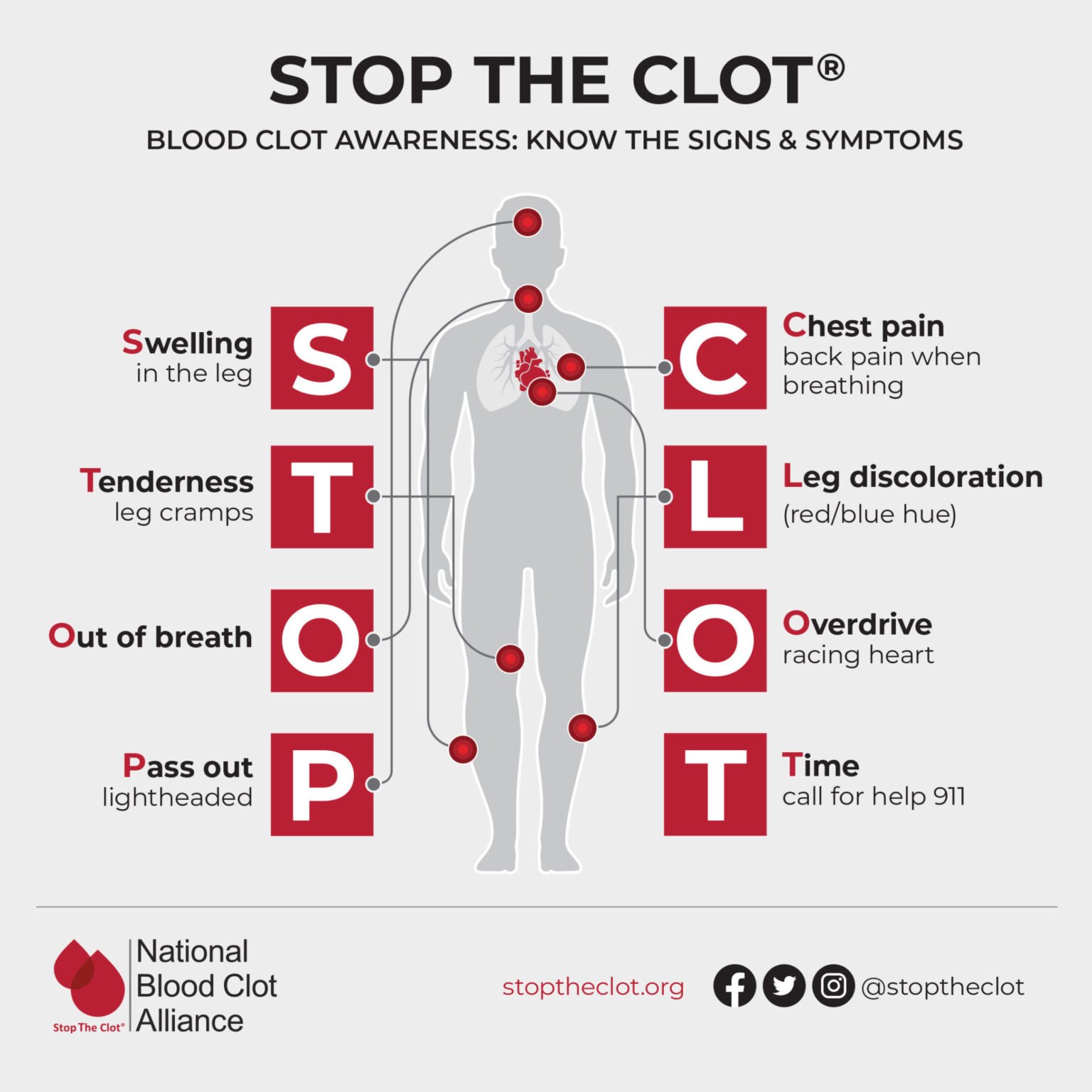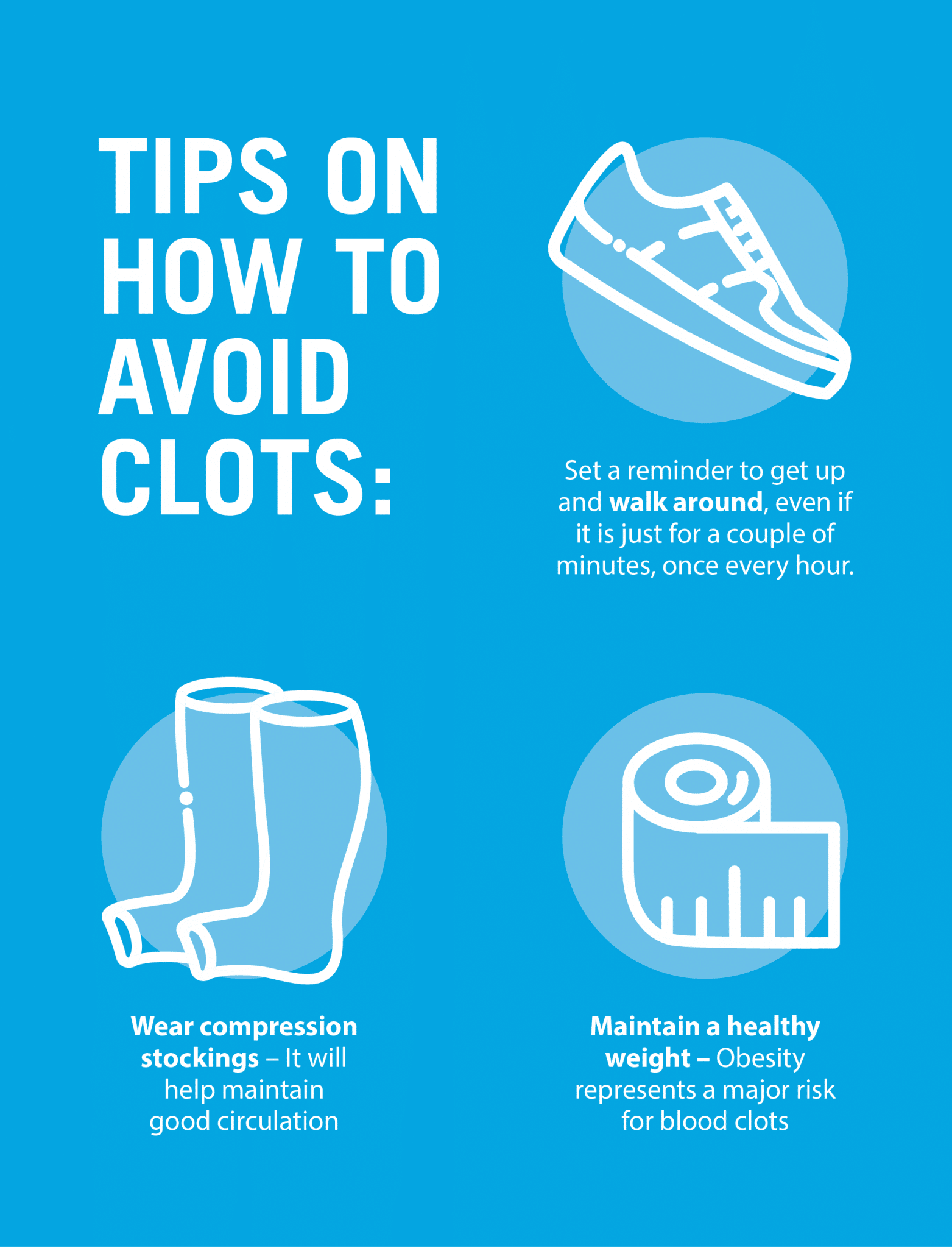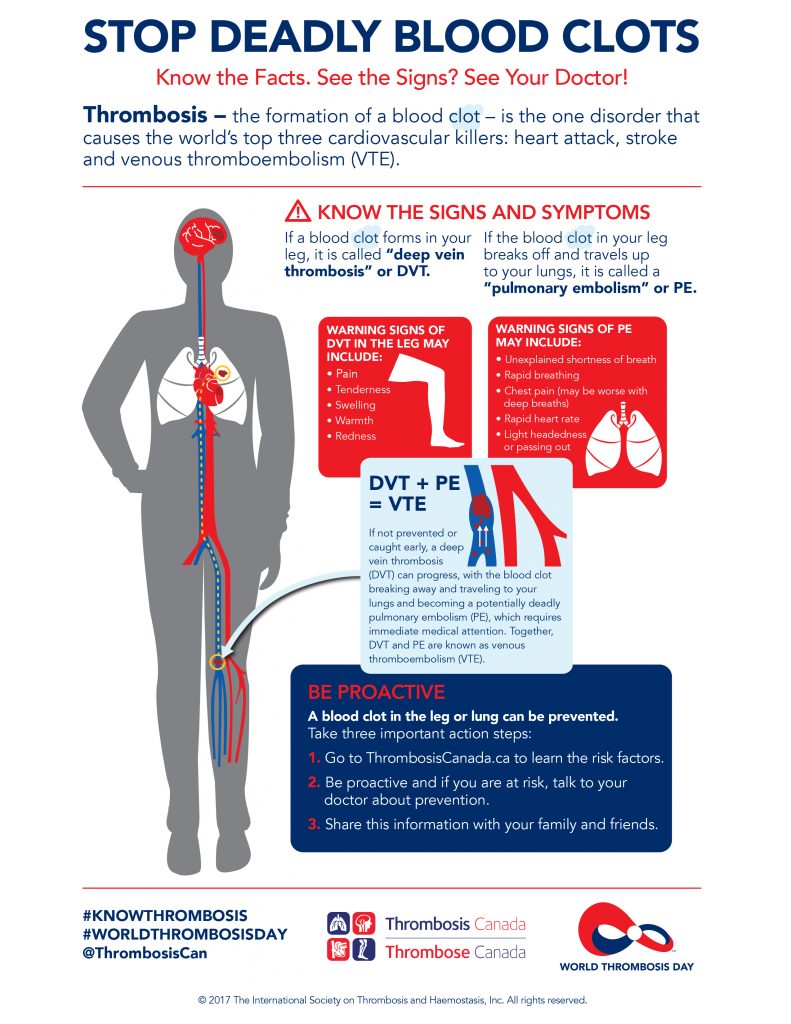Nice Tips About How To Prevent Blood Clots In Pregnancy

Reducing the risk of.
How to prevent blood clots in pregnancy. How to avoid blood clots during pregnancy. What are the risks of air travel in pregnancy? But there are some steps you can take to reduce your risk of blood clots.
In general, if a pregnant woman is at high risk for a blood clot or experiences a blood clot during pregnancy or after delivery, she may be prescribed a medicine called low. During pregnancy, a woman’s blood clots more easily to lessen blood loss during labor and delivery. Taking certain medicines, like birth control pills or estrogen hormones.
Dehydration is thought to increase the odds of developing a blood clot. Potential causes include: If you’ve had problems with blood clots or thrombophilias.
These medicines can increase the risk of clotting. Blood clots in pregnancy and after giving birth. A pregnant person is five times more.
Moving around after having a baby is key to preventing blood clots in the legs and lungs. Learn the preventive measures you can take. Make sure your doctor knows about any history.
Managing dvt or reducing blood clot risks is important to prevent complications during pregnancy and childbirth. By mandi em | updated on oct. This is why reducing weight is important.
How to reduce the risk. This leaflet is for pregnant women. One of the best ways to lower your risk during pregnancy is to exercise.
In addition to bleeding or blood clotting, painful cramping may also occur. Be aware of risk factors. There are a few things that you can do to prevent blood clots during pregnancy:
There are many ways to prevent blood clots, including walking after surgery, wearing compression socks, and staying ahead of the warning signs. What is a pulmonary embolism? If you develop a dvt while pregnant, you'll probably need injections of a medicine to stop the blood clot getting bigger so your body can dissolve it.
9, 2022 medically reviewed by laura k. Low molecular weight heparin (lmwh) in therapeutic doses is the treatment of choice during pregnancy, and anticoagulation (lmwh or vitamin k antagonists. Women who are sedentary are at an increased risk of blood clots.







:max_bytes(150000):strip_icc()/treating-blood-clots-1746090_final-9a9eea79ed4542429fcbd319ba103f7d.jpg)










